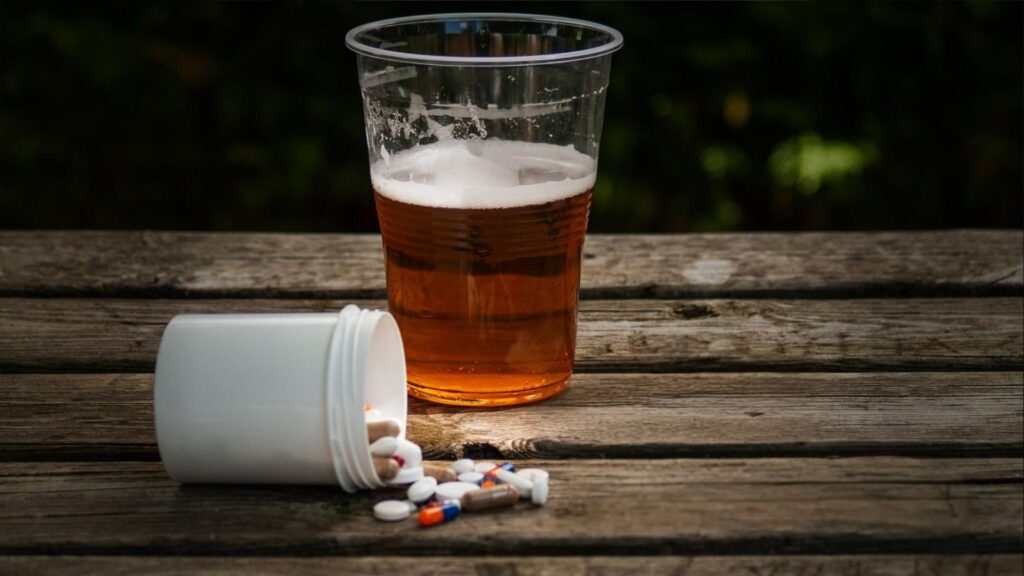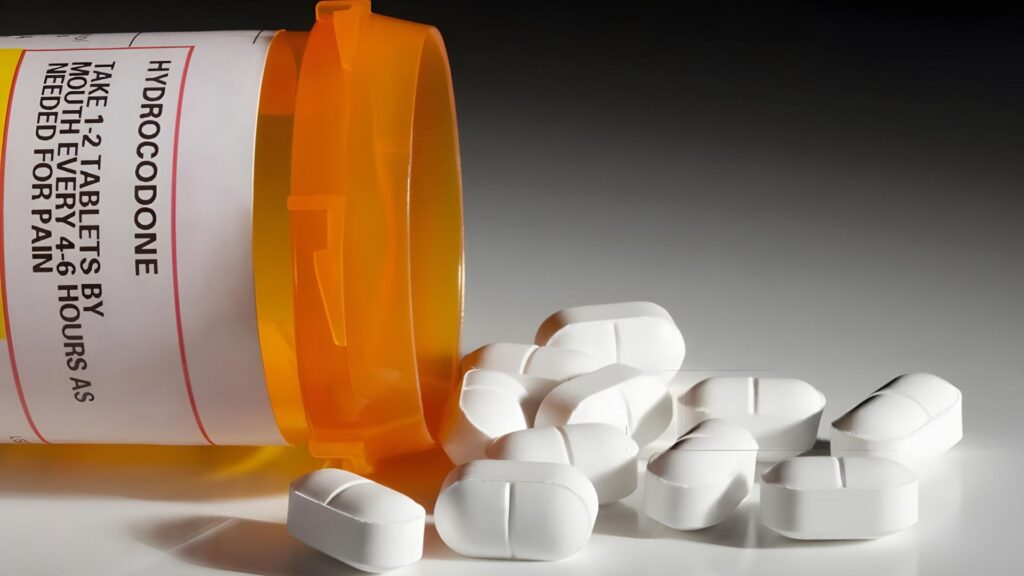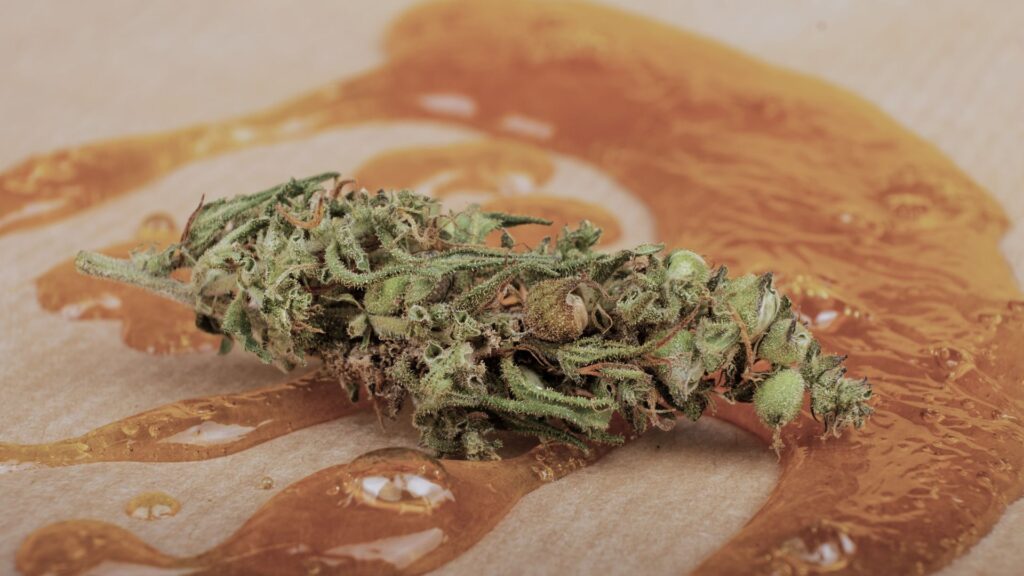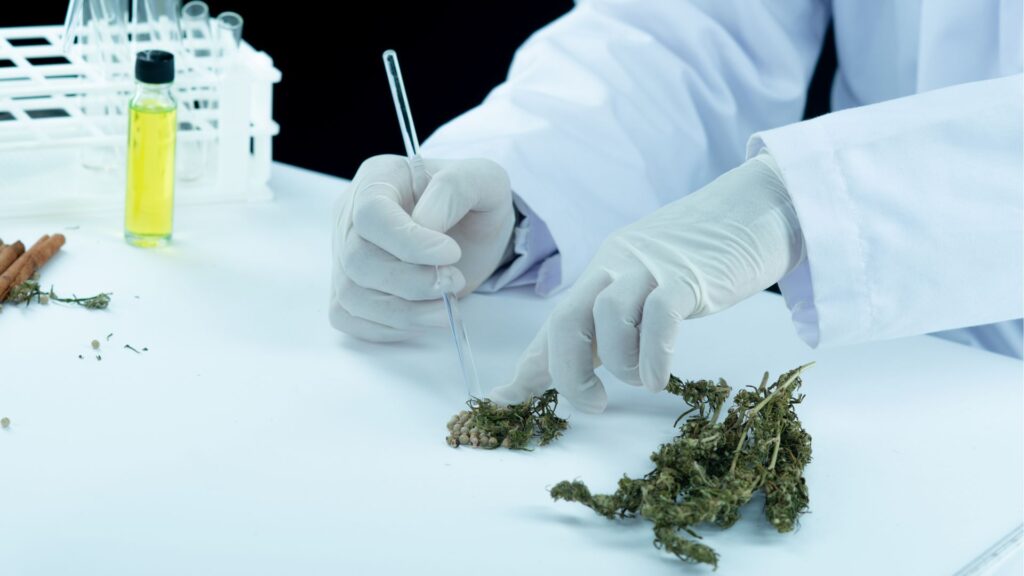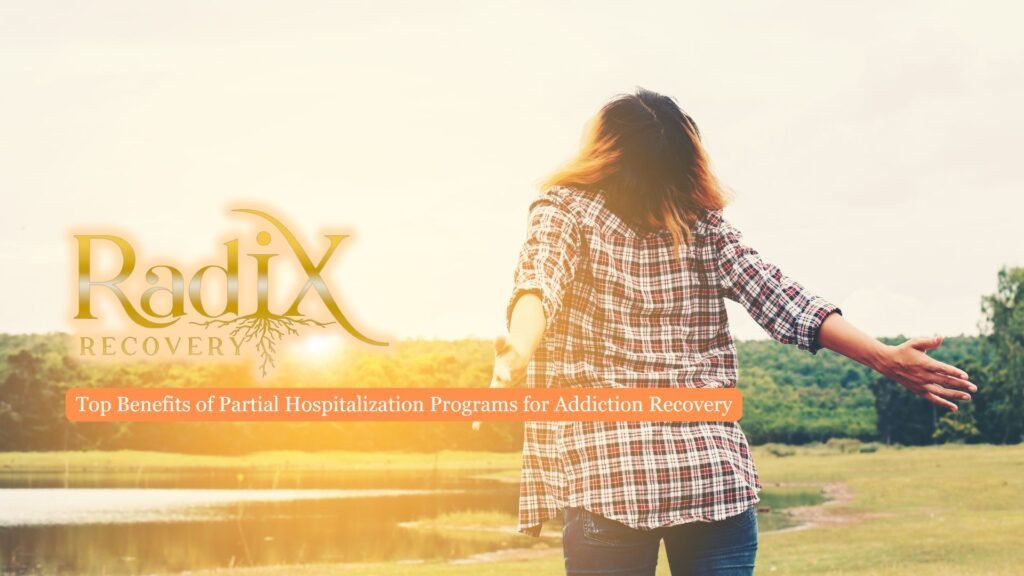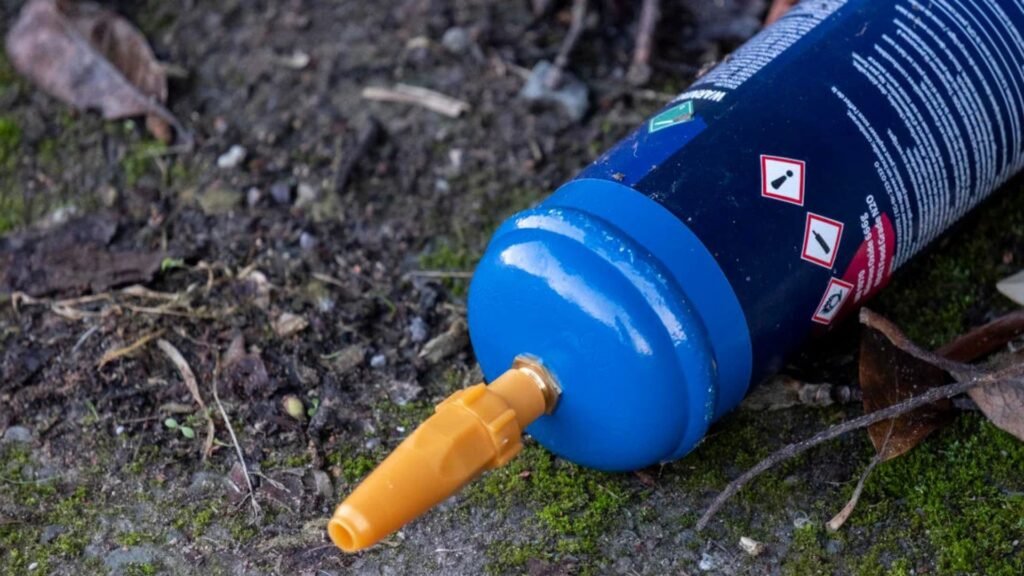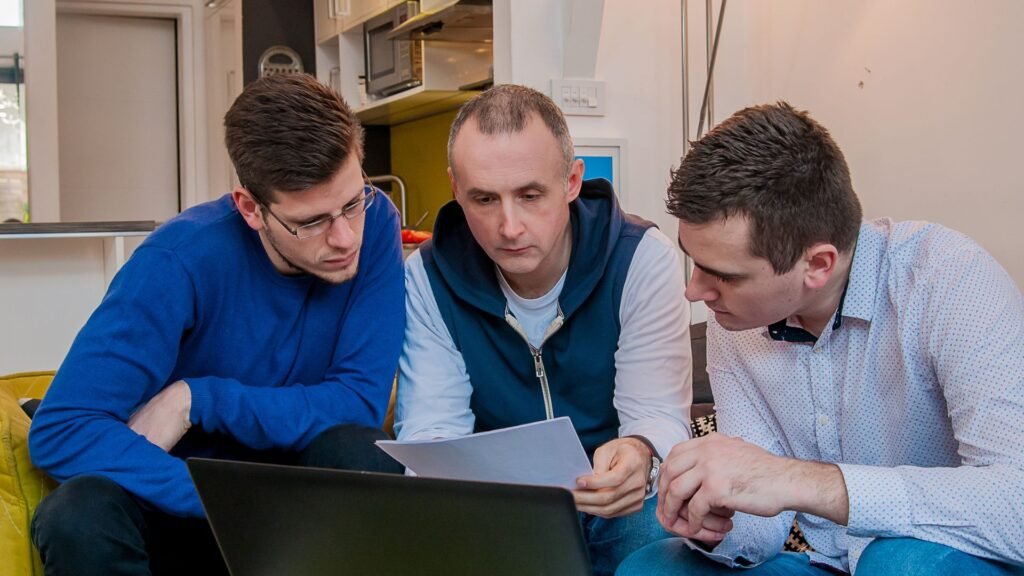Substance abuse and addiction are complex conditions that affect millions of people worldwide. They often lead to devastating consequences, not only for those struggling with them but also for their families and communities. Fortunately, there are a variety of treatment modalities available to help individuals recover and regain control of their lives.
Understanding the range of treatment options can empower individuals to take the first steps toward overcoming substance abuse and achieving lasting recovery.

Understanding Substance Abuse Treatment Modalities
Substance abuse treatment modalities refer to the various therapeutic approaches and programs used to help individuals recover from addiction and Substance Use Disorder (SUD). These methods are designed to tackle the root causes of addiction, address withdrawal symptoms, and help individuals develop the coping skills necessary to maintain sobriety. The best treatment modality can vary based on the individual’s needs, the substance being abused, and the severity of the addiction. The primary goal is to support the individual throughout the recovery process, ensuring they have the tools to build a sober, fulfilling life.
Seeking professional guidance is the first step toward healing and change. With the right support, tools, and determination, lasting recovery is achievable.
Cognitive Behavioral Therapy (CBT)
Cognitive Behavioral Therapy helps individuals identify the thought patterns and behaviors that drive their addiction. By working with a therapist, individuals learn how to reframe negative thinking and build practical strategies to manage triggers, reduce cravings, and prevent relapse. CBT is structured and goal-oriented, making it adaptable to various treatment settings.
Motivational Interviewing (MI)
Motivational Interviewing is a conversational approach designed to strengthen an individual’s motivation for change. Rather than confronting resistance, the therapist uses open-ended questions and reflective listening to help the individual explore their reasons for recovery. This method supports the individual in resolving ambivalence and builds internal commitment to the treatment process. MI is especially useful in the early stages of recovery, when readiness to change may still be uncertain.
Read more about the most common techniques used in motivational interviewing therapy.
Dialectical Behavioral Therapy (DBT)
Dialectical Behavioral Therapy is a form of psychotherapy used to help people manage intense emotions and reduce self-destructive behaviors linked to addiction. It combines cognitive strategies with mindfulness techniques to improve distress tolerance, emotional regulation, and interpersonal skills. DBT is especially useful for individuals with co-occurring mental health conditions and substance use disorders. In many treatment programs, it supports behavioral changes and complements other therapy or counseling approaches depending on the substance involved and the level of care needed.
Counseling
Counseling provides individuals with a structured environment to explore the underlying causes of substance use. Whether through individual counseling sessions or group settings, a trained counselor helps patients address emotional triggers, negative thoughts, and behaviors that contribute to addiction. These sessions are designed to help people build coping strategies, improve decision-making, and maintain focus during recovery. Counseling is often integrated with other treatment modalities to create a plan that fits the client’s specific needs and level of care.
Experiential Therapy
Experiential Therapy uses activities like art, role-playing, or outdoor challenges to help individuals process emotions and experiences tied to their substance use. Unlike traditional talk therapy, it focuses on actions and interactions to uncover unresolved trauma, emotional pain, or behavioral patterns that contribute to addiction. This method is designed to help people gain deeper self-awareness and emotional insight, providing a solid foundation for long-term recovery. Experiential therapy is often used alongside evidence-based modalities to enhance engagement and personal growth throughout the treatment process.
Psychodynamic (Supportive-Expressive Therapy)
Psychodynamic therapy focuses on identifying the underlying causes of substance use by exploring unresolved conflicts, past experiences, and recurring thoughts and beliefs. In supportive-expressive therapy, individuals engage in individual counseling sessions with a trained clinician to better understand their emotional patterns and how these contribute to dependency. This approach is often combined with other types of behavioral therapies in addiction treatment modalities to support long-term recovery and reduce relapse risk.
Eye Movement Desensitization and Reprocessing (EMDR)
EMDR is a type of psychotherapy used in addiction treatment to address trauma and negative thoughts that may lead to substance use. It involves guided eye movements to help individuals reprocess distressing memories without becoming overwhelmed. Based on clinical experience and supported by scientific research, EMDR is especially effective for patients with co-occurring mental health conditions. It can strengthen recovery by helping people develop healthier thoughts and beliefs supporting long-term sobriety.
Family Treatment Approach
Family Treatment Approach involves structured therapy or counseling sessions that include family members as part of the addiction recovery process. These sessions are designed to help people rebuild trust, improve communication, and understand the role that family dynamics play in substance use. Involving loved ones in the treatment program can reduce relapse risk and strengthen long-term outcomes. Counselors help families recognize the impact of addiction and support the patient through each stage of care.

Twelve-Step Facilitation
Twelve-step facilitation is a structured approach to addiction therapy that introduces individuals to the principles of 12-step programs such as Alcoholics Anonymous. This method is designed to help people engage with peer support groups and build accountability throughout the recovery process. By encouraging active participation and acceptance of the need for change, this therapy supports long-term sobriety and helps reduce the risk of relapse. Twelve-step facilitation is often used as part of broader addiction treatment modalities, depending on the substance and the individual’s level of care.
Relapse Prevention
Relapse Prevention helps people recognize triggers, challenge negative thoughts, and maintain long-term sobriety. It focuses on behavioral changes that reduce the likelihood of returning to substance use during or after treatment. Through individual therapy sessions, therapists and counselors work with individuals to develop personalized coping strategies. For some, relapse prevention may also involve coordination with medication-assisted treatment when clinically appropriate, especially in cases involving opioid use. Depending on the substance and the level of care required, this approach supports the overall recovery process by reinforcing practical skills and reducing risk.
Addressing Co-occurring Mental Health Disorders
Many individuals with addiction also face co-occurring mental health disorders, such as depression, anxiety, or trauma. These conditions can complicate the recovery process, as they often exacerbate the challenges of overcoming substance abuse. Integrated treatment programs, which combine addiction therapy with mental health counseling, are considered the most effective. For example, a typical treatment plan might include Cognitive Behavioral Therapy (CBT) to address both addiction and mental health symptoms, alongside medication to manage depression or anxiety. This dual approach helps individuals heal mentally and physically, increasing their chances of long-term recovery and reducing relapse risk.
Final thoughts from Radix Recovery
At Radix Recovery, we understand that overcoming substance abuse requires more than just treatment-it requires a supportive environment and professional care. Our wide range of services, from behavioral therapies to personalized outpatient programs, are designed to meet the unique needs of each individual. Whether you’re looking for intensive outpatient care or ongoing support, we’re here to guide you through every step of your recovery journey.

